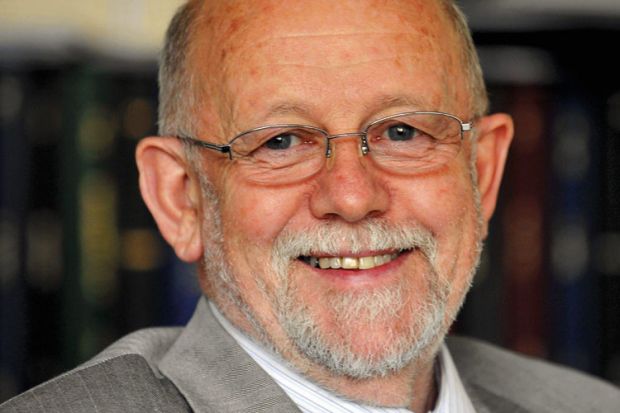Graham Upton is fast gaining a reputation as UK higher education’s troubleshooter of choice.
Having steered the University of Cumbria out of an estimated £30 million deficit during a 14-month tenure as interim vice-chancellor, financial challenges will again be at the fore in Professor Upton’s latest appointment, to the same post at Glyndwr University.
The Wrexham-based institution has had a torrid time of late, running up a loss of £4 million during 2012-13. The accounts for 2013-14 have yet to be published, but are likely to show a similar picture, Professor Upton said.
This has not been helped by the suspension and then reinstatement on limited terms of Glyndwr’s licence to recruit international students. The financial woes have fuelled talk of a merger.
But Professor Upton, whose initial term is for nine months, told Times Higher Education that he was confident that he could secure the university’s future and, for now at least, its independence.
“It’s going to be tough, but I wouldn’t have done it if I didn’t think I could get positive outcomes,” he said. “I have a belief in the institution, and what it does needs to survive because it is so important for the region.”
Professor Upton, who spent a decade leading Oxford Brookes University before retiring in 2007, was appointed by Glyndwr following the sudden departure of vice-chancellor Michael Scott.
He acknowledges that “mistakes” have been made, but carrying out an inquiry into what went wrong is not on his agenda.
Professor Upton’s aim is to provide stability of leadership and then to balance the books. The hope is that Glyndwr will get closer to breaking even this year and move into surplus during 2015-16.
He described the job as requiring him “to get in there quickly and make changes and amendments”, but, having done it before, he is “pretty clear what we need to do”.
Much will hinge on whether the university is allowed to recruit significantly from overseas again. But the longer-term question is whether Glyndwr, which had 8,405 students last year, is viable as an independent institution.
Professor Upton said he believed that a lot could be done to “maintain the integrity of the institution” and that staying independent was “certainly a potential outcome”.
“What will happen in the next 10 years, I don’t know – it’s a political issue as much as anything,” he said. “My objective will be to ensure continuity of business and a high-quality learning experience as a separate institution.”





